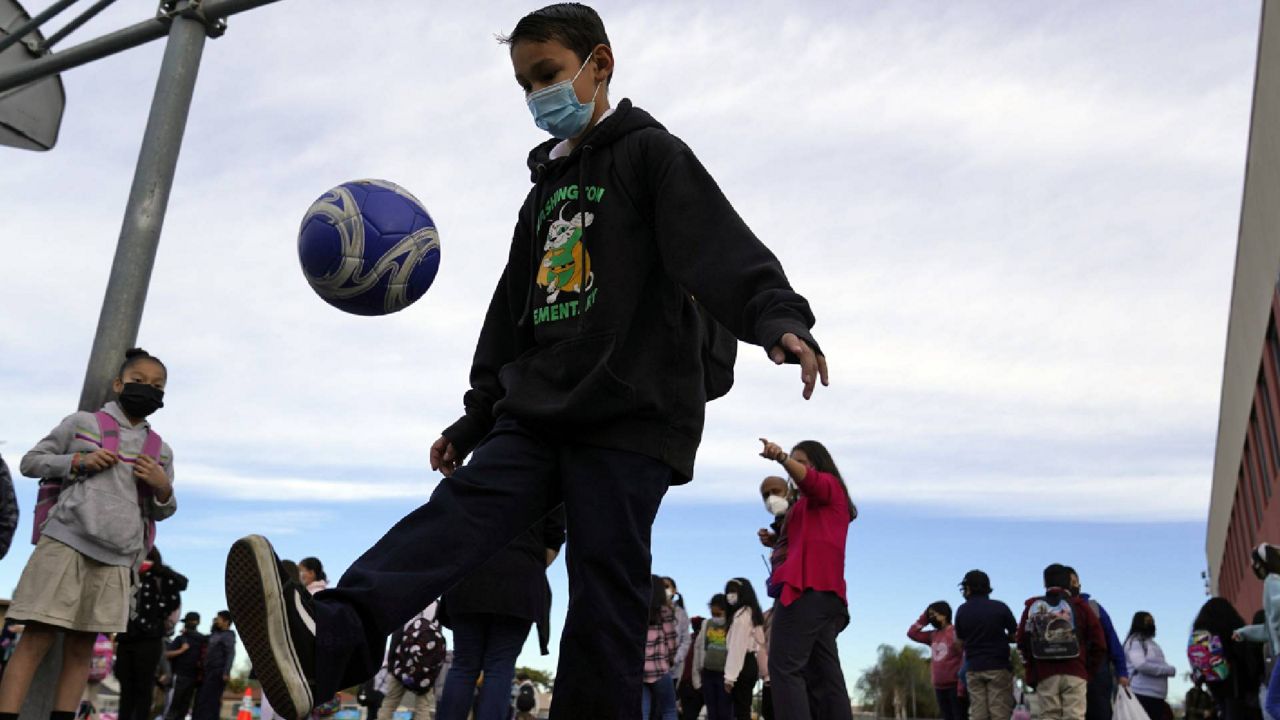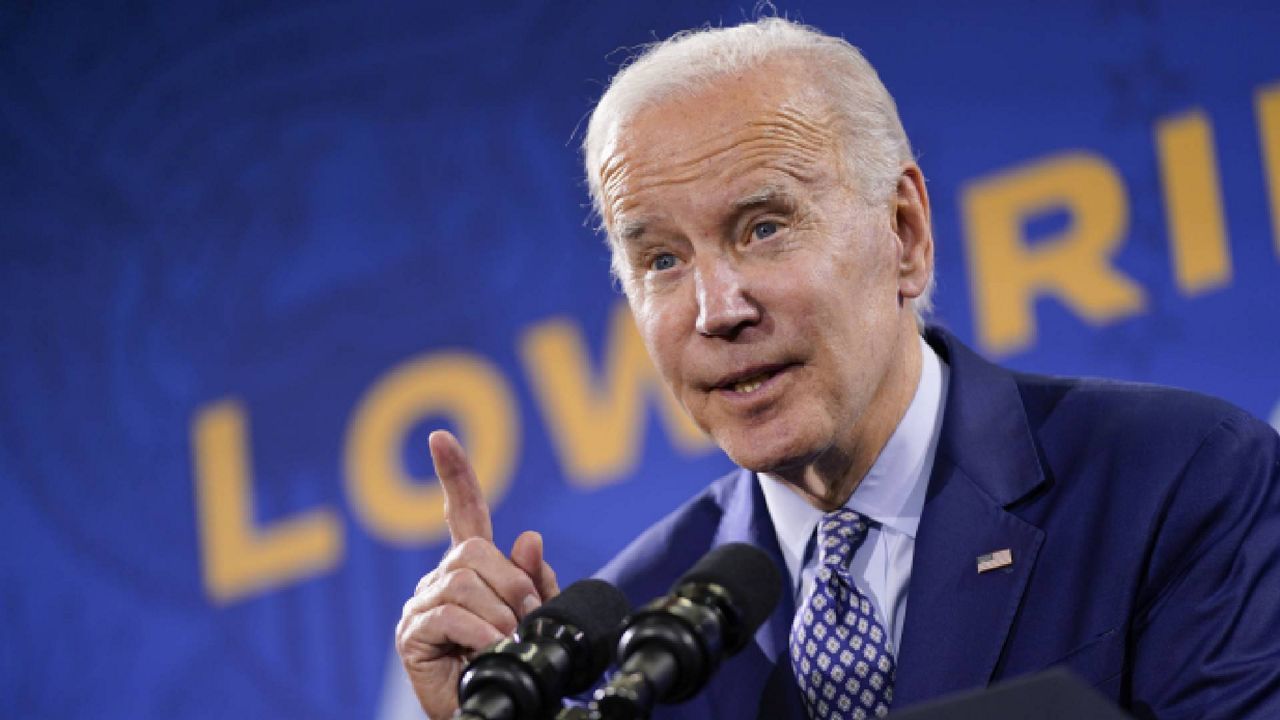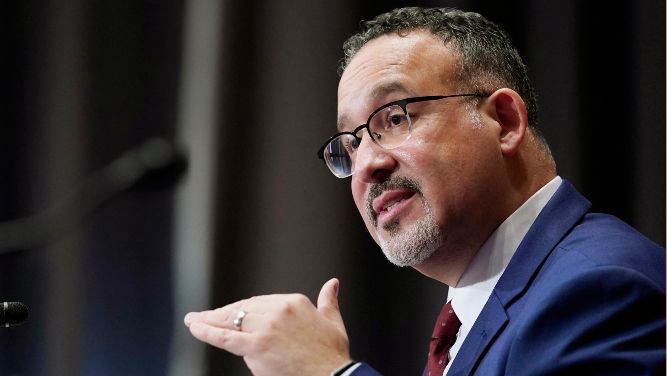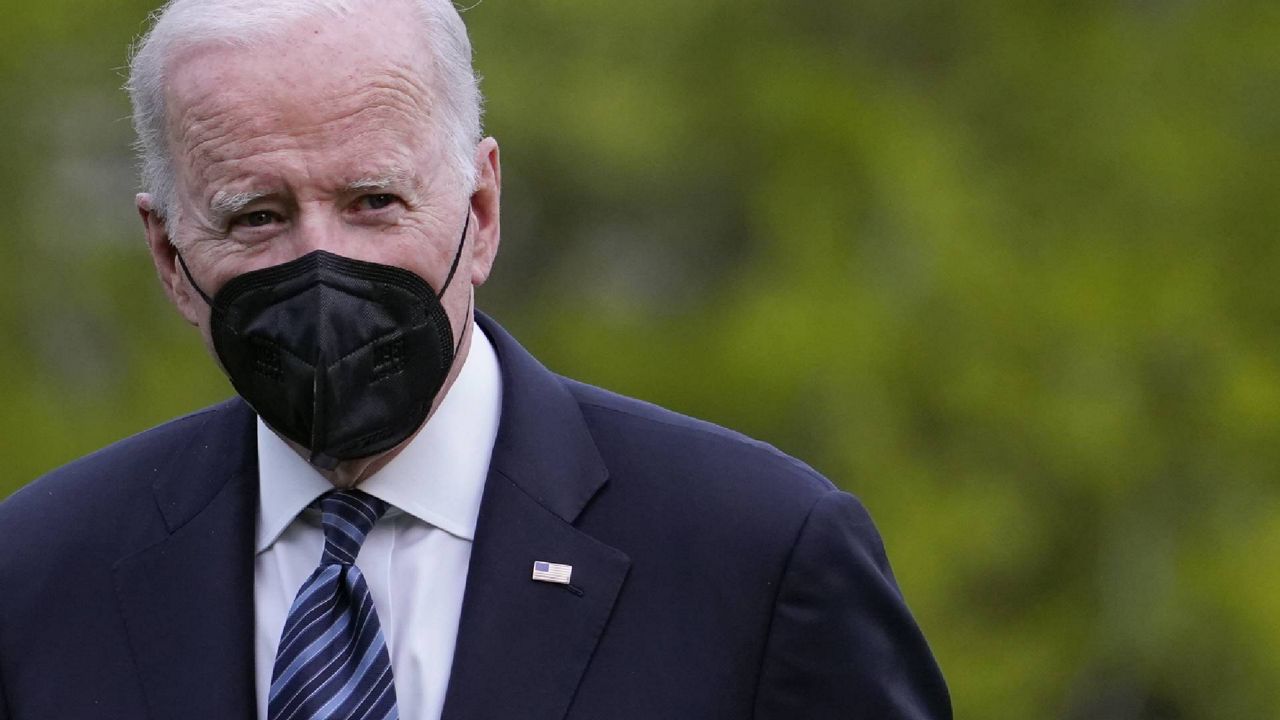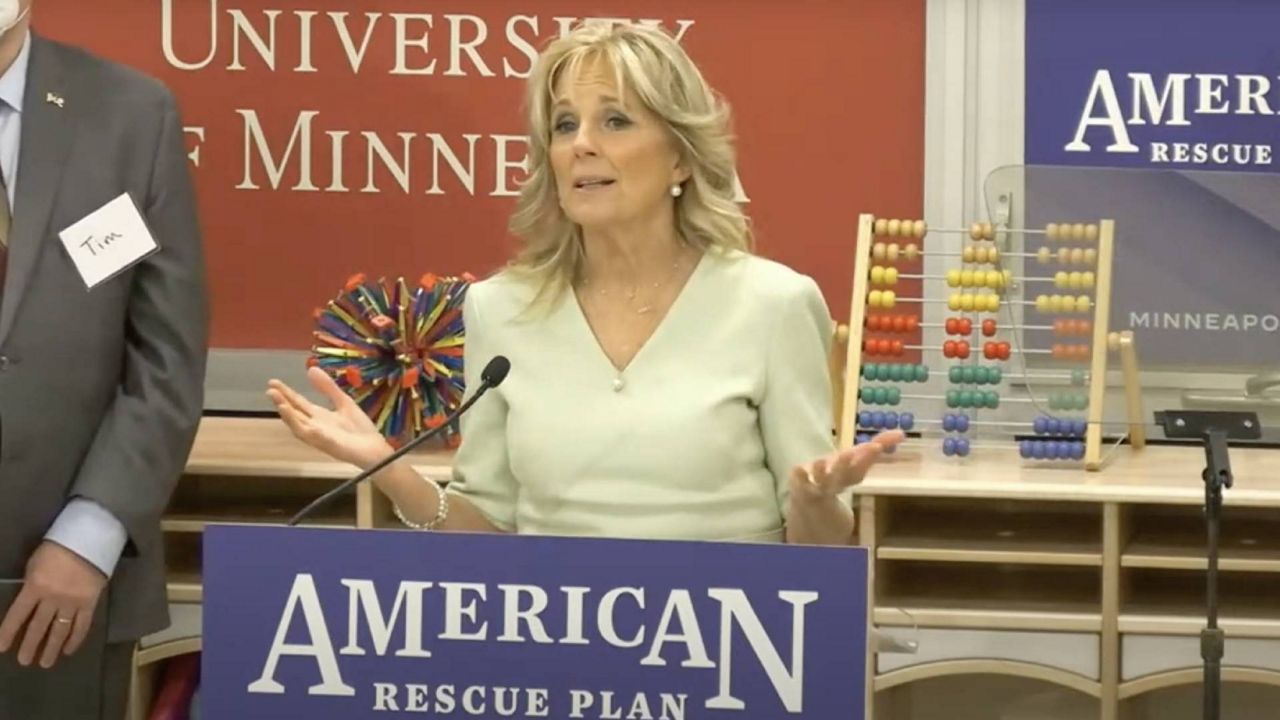The Department of Education on Wednesday announced nearly $60 million in new and existing philanthropic funding to help students and schools recover from the pandemic, part of a $220 million total effort to boost COVID relief dollars.
The announcement was first shared with Spectrum News earlier Wednesday.
The money is meant to add to and prolong the impact of the federal COVID-19 resources for schools signed into law as part of the American Rescue Plan last year, more than $122 billion of which went to elementary, middle and high schools to help them get through the pandemic.
Millions of dollars in charitable grants will layer on top of that funding for things like afterschool programs, tutoring, addressing learning inequities, combatting teacher and other staff shortages and boosting students’ mental health.
The education department will also pair outside investments with $160 in additional grant funding under its Education Innovation and Research Program,
They'll open an application for five-year grants and plan to accept 15 to 35 projects, prioritizing those that focus on innovatioon to "overcome the challenges to student opportunity and success exacerbated by the pandemic," according to the department's press release.
"With additional investments from the Department’s grant programs and the philanthropic community, we can scale our recovery efforts, make ARP dollars have an even greater impact, and ensure every student — no matter their background, family income, or zip code — has the academic and mental health supports they need to succeed," said Education Secretary Miguel Cardona in a statement.
Education officials announced the commitments ahead of a summit planned for Wednesday to highlight the contributions of the 2021 COVID relief bill, which will gather teachers, parents, officials and students together.
The Bill and Melinda Gates Foundation, for example, will commit $17 million through 2025 to help state and district leaders implement high-impact tutoring programs.
Another $14.4 million to support afterschool will come from the Charles Stewart Mott Foundation, including more than half devoted to the successful implementation of COVID relief funds.
Some money will be offered directly to districts, such as $1.25 million in grants from the William + Flora Hewlett Foundation, which will be available to the Akron and Cleveland school districts in Ohio, the Hemet Unified School District in California, plus Jackson Public Schools and Baltimore City Public Schools.
"Schools across the country are emerging from pandemic lockdowns with new approaches to teaching, new challenges in enrollment, and new sources of funding," said Kent McGuire, Hewlett's Education Program Director. "Hewlett wants to provide grants that enable district leaders to learn together and transform their schools to meet the needs of their students in a changed world."
The Raikes Foundation, a Washington-based nonprofit which focuses on equity in education, made a $10 million investment "to support organizations aimed at accelerating learning and expanding access to mental health supports."
"What students need right now is for everyone to come together and respond to the pandemic’s ongoing impacts on their learning and mental health," an education spokesperson for the foundation told Spectrum News. "We’re happy to see this effort come together, and we’re glad to contribute."
The education department’s Wednesday summit was expected to focus on addressing issues including labor shortages in schools. Districts from Kentucky to upstate New York and around the country don’t have enough teachers. More than 75% of district leaders surveyed by EdWeek in the fall said they were facing at least a moderate shortage of staff, especially substitute teachers, bus drivers and paraprofessionals.
Secretary of Education Miguel Cardona last month called on states and higher education leaders to use COVID relief funds to address the shortage.




